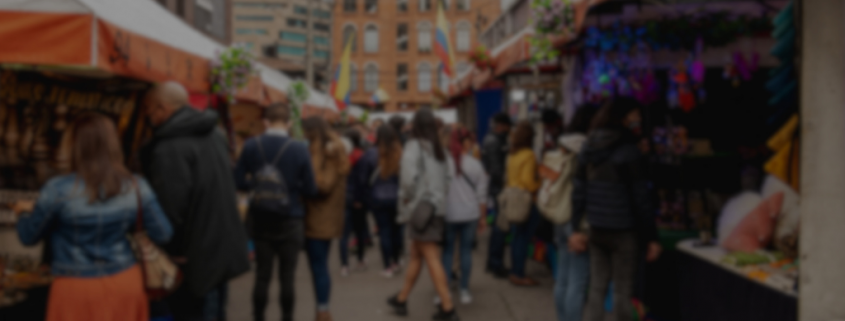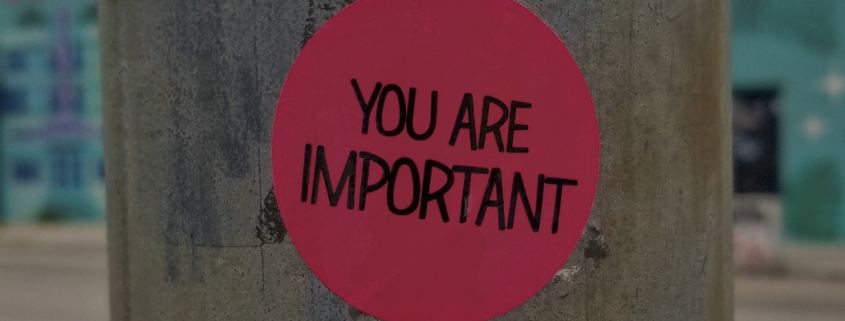In this Wisdoms exercise, led by Caritas Westminster, representatives from local charities and organisations went out across London and Hertfordshire, to engage in deep listening with people on the streets, in day centres, in foodbanks, at coffee shops, and in families’ homes. This listening exercise was open to anyone who had migrated to the UK seeking sanctuary. The diversity in avenues for identifying participants reflects the complexity of the systems faced by those seeking sanctuary.
This included: newly arrived residents of an asylum hotel, families who have emigrated through the Community Sponsorship Scheme, and those who have come through the Homes for Ukraine programme. Participants included those who have received refugee status, those who are waiting for a decision, and others who were without documentation, with many individuals not having recourse to public funds. Individuals migrated from many countries, including Iraq, Iran, El Salvador, Ukraine, Punjab, Eritrea, Vietnam and Syria, while other participants came from the Roma community.
These conversations took place between May and August 2023. In total, we spoke to 57 people, asking the question:
“When you think of a good life, what does that mean to you?”
For those we spoke to, a good life means having the freedom to make choices and have control over their lives, where they can feel safe and secure. It is a life where people are treated humanely and with compassion and understanding by those they rely on, including friends, family members, their community, and services.
The people we spoke with wanted to feel able to become a part of their local communities, to feel that they had a purpose, and, for many, that included ensuring they were contributing positively towards the world around them. However, where people did not have residency status and/or could not meet their basic needs, this could overwhelm the ability to focus on anything beyond survival, including their need to find a space to sleep, access enough food to eat, and/or work towards getting legal residency.
We heard that a good life is one without worry, where people can feel confident that they will have a place to sleep away from violence and war, where they have enough food to eat and that their family and friends have the same. This included knowing that close family still in their home country were safe. For some, a good life included being reunited with children, parents, and other people they were close to.
Developed by Mayday Trust, the Wisdoms is a research-informed listening exercise. The power of the Wisdoms is that there is a collective and inclusive voice, one which is listened to respectfully, without causing power imbalance. The findings are raw and honest, prompting critical reflection for organisations and local areas, but easy to read and accessible to everyone. Wisdoms aim to create a different type of relationship between your organisation and the people you work with, putting people at the heart of the direction and strategy.
This Wisdoms exercise and report were commissioned by Caritas Westminster, and co-designed by Caritas Westminster, the Mayday Trust, and participating organisations. Those carrying out the Wisdoms attended a half-day training delivered by the Mayday Trust.
Acknowledgements:
We would like to thank everyone who contributed to this Wisdoms, especially the people who courageously shared their experiences, hopes and worries about living in the UK. The opportunity to capture these voices would not have been possible without the hard work and leadership of Caritas Westminster, as well as the many staff members and volunteers who went out into the communities to engage in this exercise, including: Hitchin Pantry, the Jesuit Refugee Service, the Passage, Hope for Southall Street Homeless, Camden Welcomes, Sutton Deanery Refugee Community Sponsorship Group, the Roma Support Group, Companions of Malta and Homes for Ukraine. Many more people were vital to the carrying out of this listening exercise, including volunteers, project leaders, and interpreters. We are extremely grateful for the many people without whom this project could not have occurred, including Reset, who kindly provided a Lead Sponsor Growth Grant.










